As part of the Fair Access Research project we would like academic staff to complete this survey to help us understand how students are supported at BU. The area we are focusing on is support for students’ health and wellbeing, as this is becoming increasingly important for students and staff in universities. Your responses to the survey will help us find ways to support you in supporting students to succeed at BU.

Questions of access to higher education do not end (or start) at the university gates. Widening participation involves an engagement with long and complex cycles of learning.
The Fair Access Research project seeks to understand the experiences of students from different backgrounds in order to develop practical solutions to enhance outcomes and maximise opportunities. This includes understanding how students are supported at BU.
In the words of Vincent Tinto: “Access without support is not opportunity”. If we are committed to opening up higher education, we must be committed to supporting all students to succeed across the university learning journey.
A recent survey by the NUS found that 78 per cent of students said they experienced mental health issues over the last year. More than half of the students said that they sought no support.
In a report to HEFCE by the Institute for Employment Studies (IES) and Researching Equity, Access and Partnership (REAP) it was found that students with mental health and social/communicative impairments (such as autism) have doubled since 2008-09. These significant increases are impacting the structures of support that institutions have in place, including academic support
Living with challenging health and wellbeing needs, and not always seeking support, shapes whether or not you stay and impacts upon attainment. It re-orients (or, perhaps, disorients) your whole student experience. And that includes your interactions with academic staff.
With all this in mind, we are surveying academic staff to find out more about how they understand their role in supporting students’ health and wellbeing.
We have developed a short survey for you all to complete. It should take no more than 10 minutes to complete and we hope that it will lead us to develop ways to support you with your students:
To complete the survey click here
Please complete the survey and share with your colleagues from across the university. Your responses will help us to find ways to support you to better support your students, particularly those most in need.
If you want any more information about the survey please email Alex on awardrop@bournemouth.ac.uk
For more information about the Fair Access Research project please email the Principal Investigators, Dr Vanessa Heaslip (vheaslip@bournemouth.ac.uk) and Dr Clive Hunt (chunt@bournemouth.ac.uk)

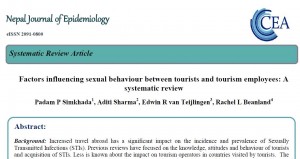
 Since his arrival in the Faculty of Health & Social Sciences last year postdoctoral researcher Dr. Pramod Regmi has been busy getting his publications out. Yesterday saw the latest of his articles appear in print, this time in the latest issue of the Nepal Journal of Epidemiology. The editorial, co-authored with Dr. Om Kurmi (University of Oxford) and Dr. Puspa R. Pant at the University of the West of England, addresses the growing problem air pollution in low-income countries such as Nepal. The paper is called: ‘
Since his arrival in the Faculty of Health & Social Sciences last year postdoctoral researcher Dr. Pramod Regmi has been busy getting his publications out. Yesterday saw the latest of his articles appear in print, this time in the latest issue of the Nepal Journal of Epidemiology. The editorial, co-authored with Dr. Om Kurmi (University of Oxford) and Dr. Puspa R. Pant at the University of the West of England, addresses the growing problem air pollution in low-income countries such as Nepal. The paper is called: ‘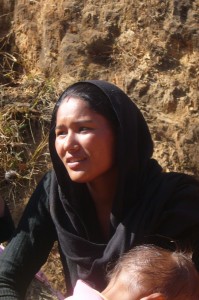
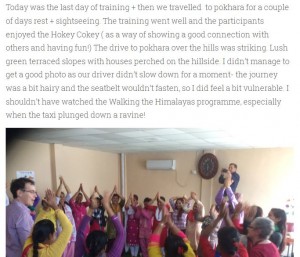
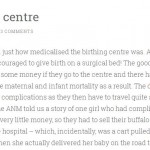

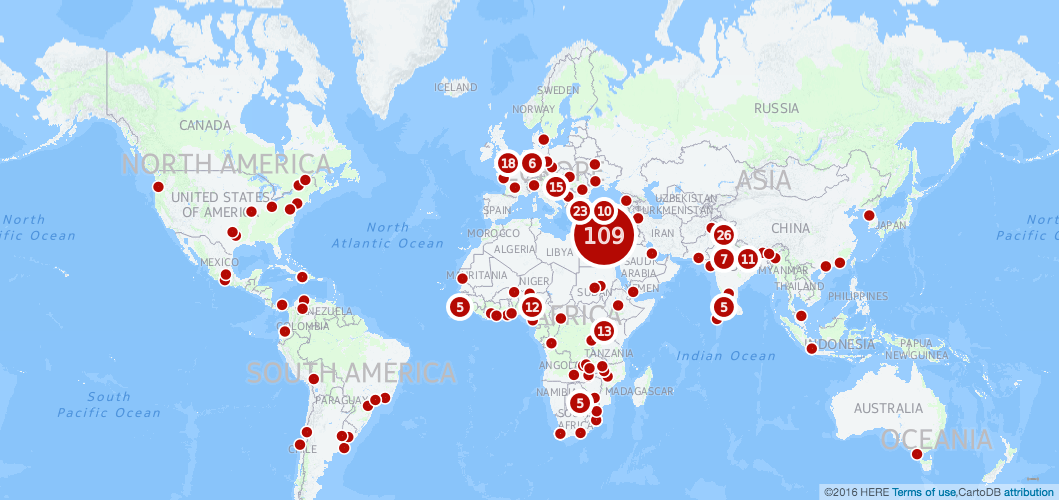
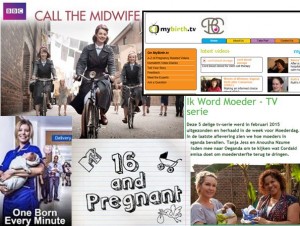 Our latest paper in the international journal BMC Pregnancy & Childbirth published late last month was highlighted yesterday in a
Our latest paper in the international journal BMC Pregnancy & Childbirth published late last month was highlighted yesterday in a  Our paper is great example of interdisciplinary research, as celebrated at the forthcoming Interdisciplinary Research Sector Day on June 21st (
Our paper is great example of interdisciplinary research, as celebrated at the forthcoming Interdisciplinary Research Sector Day on June 21st (


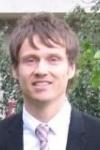
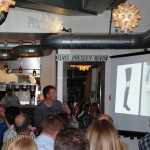

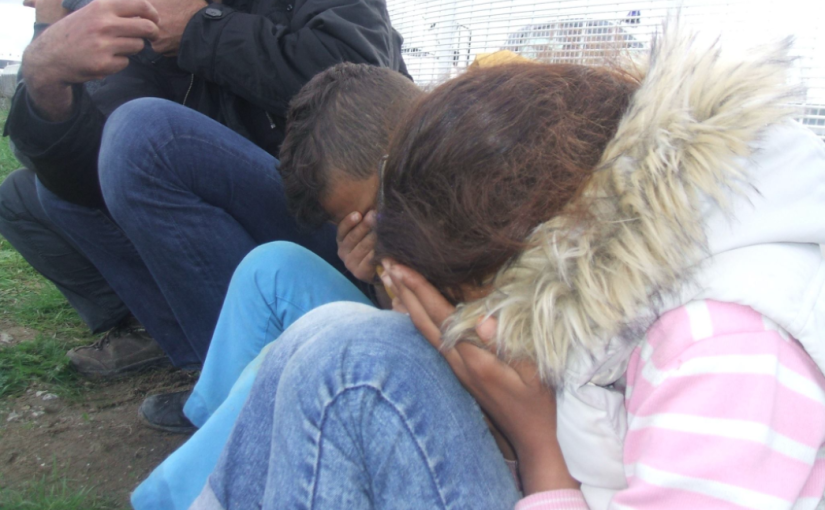

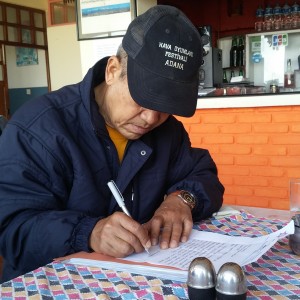
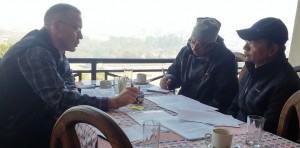


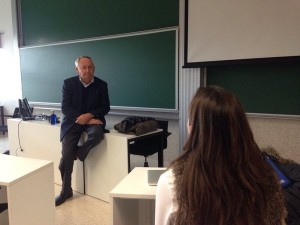












 Conversation article: London Marathon – how visually impaired people run
Conversation article: London Marathon – how visually impaired people run Horizon Europe News – December 2023
Horizon Europe News – December 2023